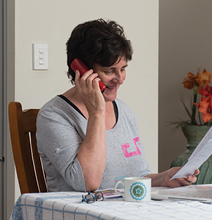Special Briefing – July 2023

On 7 June 2023, we held our Annual Conference to discuss A European model for sustainable working lives. During the conference, AGE members, partners and allies discussed the existing challenges, the key concepts to implement, and the changes needed to make this model a reality, in the interests of us all.
For several months, we have been gathering information on inspiring practices that are empowering older people in the labour market in the EU Member States of the European Union. These good practices, their analysis and the resulting recommendations are intended to be included inthe AGE Barometer dedicated entirely to employment, due to be published in autumn 2023.

The initial results of the Barometer and our first recommendations were at the core of the discussions of AGE Annual Conference last June. Together with experts, social partners and political representatives of the European institutions, we discussed the three policy areas mentioned above with one objective in mind: how can we build a European model that empowers older people on the labour market and thus guarantees sustainable and quality working lives?
To introduce this topic, we had the pleasure to open the conference with keynote speeches from the Swedish Minister for Older People, Ms Anna Tenje, and the European Commission Vice-President for Democracy and Demography, Ms Dubravka Šuica.
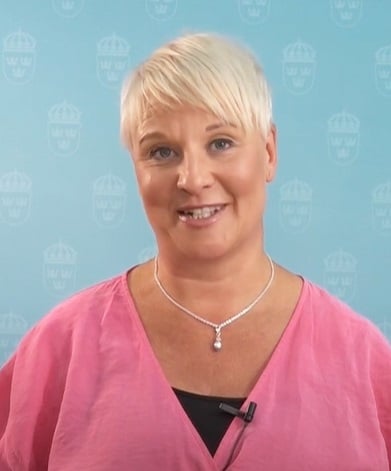
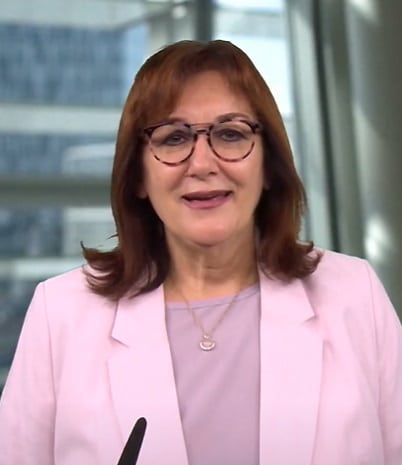
The Conference was built around two discussions: a first panel on the support for older people in the labour market, and a second panel on working conditions and workplaces for all ages. During these two discussions, major concepts and approaches have been reiterated. They must be at the root of a European model that empowers older people in the labour market and enables sustainable and quality working lives.
We need to change the narrative around ageing

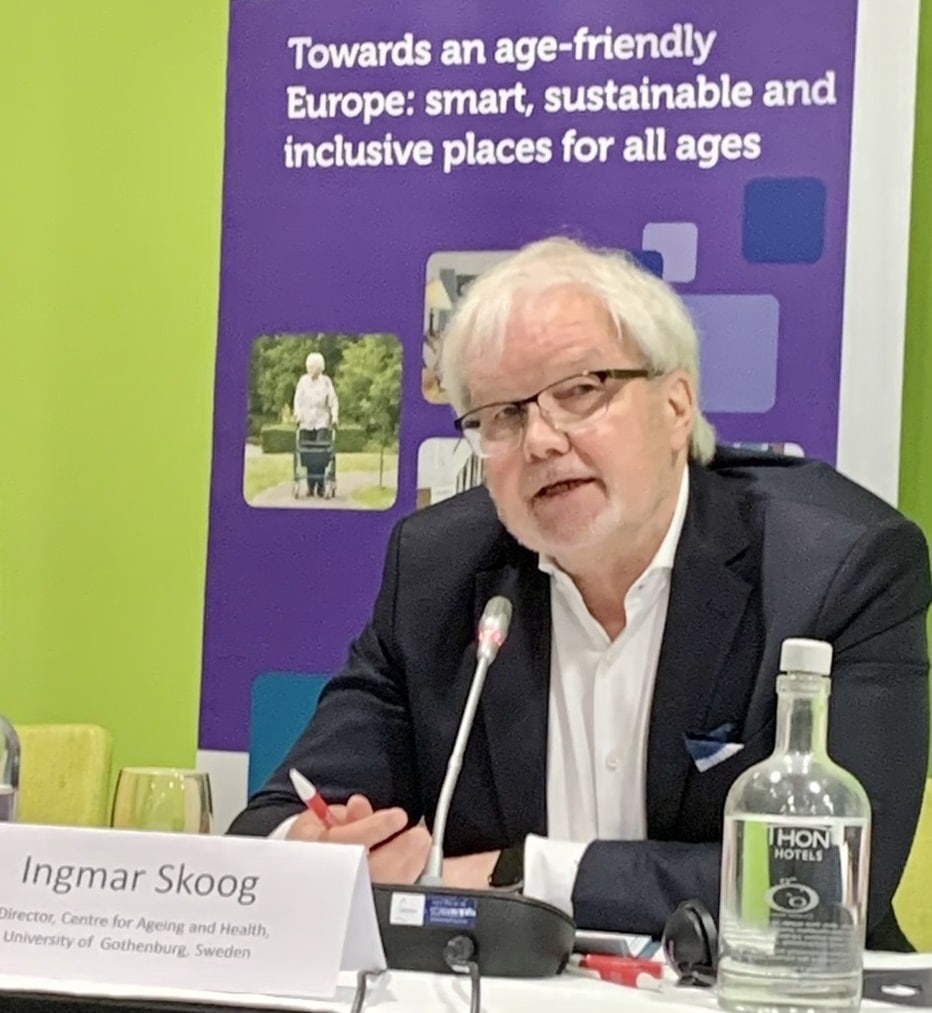
To prevent such discrimination, the EU Employment Directive (2000/78/EC) establishes a general framework for equal treatment and prohibits age discrimination in employment. Questioned about the shortcomings of this Directive which leaves room for age discrimination, Ms Ana Carla Pereira, Cabinet Expert for Nicolas Schmit, Commissioner for Jobs, and Social Rights, stressed the need for national authorities to supervise its implementation with due regard to this aspect. She reminded also the opportunity set by the European Commission’s proposal on Equality Bodies which will give them the power to monitor the implementation of the Employment Directive in EU Member States.
The life-course approach should be at the heart of all employment policies
During the conference, many speakers revealed the lack of continuity in employment policies between age groups. Mr Franz Eiffe, Research Manager in the Working life Unit at Eurofound stressed the need to develop infrastructures and policies that support workers during their life course and not only when ageing if we want older workers to have quality and sustainable working lives. For Ms Dorothea Schmidt-Klau, ageing needs to be taken into account right from the start of a career if we are to have a positive impact on the current and future older workforce.
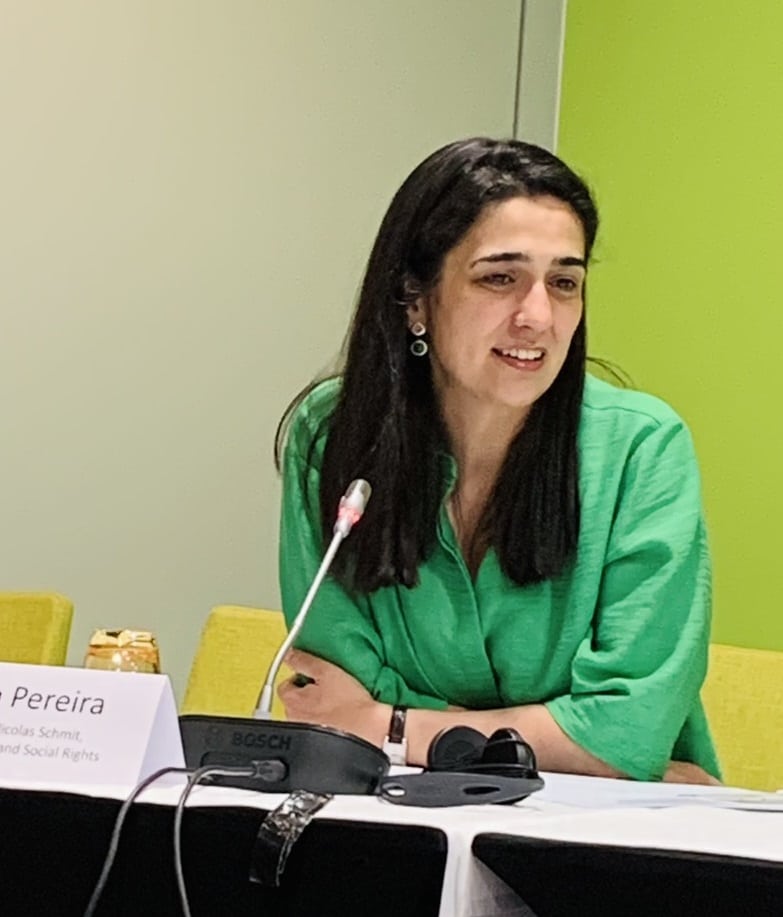
Finally, Mr Ignacio Doreste, Senior Advisor at the European Trade Union Confederation (ETUC), also stressed the importance of adopting a life-course approach to the labour market and policies that put people first, with a social dimension that takes precedence over economic aspects.
Tailor-made solutions and flexibility in the labour market

According to Professor Skoog, tailor-made, personalised support is all the more important for older peopleas the older we get, the more different we become because of life experience. As he pointed out, we need to make the most of soft skills and experience gained with age on the labour market if we are to take full advantage of the resources of older workers. This approach was reiterated by Ms Anna Kwiatkiewicz, Senior Advisor in Business Europe’s Social Affairs Department, who recalled the importance of attracting talent of all ages in order to meet the current labour shortages. Skills are the employers’ criteria for employability, regardless of age and ability, she explained.

Flexibility was also raised by Ms Schmit Klau who highlighted the need to adopt a legislation that allows people to work longer while protecting those who do not want to or cannot do so.
Ms Pereira also confirmed that the flexibility of retirement paths is at the heart of discussions between the European Commission and the Member States, stressing the need for social dialogue to enable people to combine work and retirement in different countries and sectors.
An intersectional approach to meet the needs of a very diverse population
The representative of AGE member Older Women Network – Netherlands, Ms Christine Nanlohy, presented a Dutch practice of the draft Barometer: support courses for informal workers. This practice seeks to address the fact that women make up the majority of informal workers and are particularly affected by this situation. An approach targeting the specific situation of women in this context is needed to support them in the labour market.

The audience was also invited to consider the situation of older people with disabilities and the adaptations needed to enable them to continue to be active in the labour market. In this respect, Mr Patrick D’Haese, Corporate Director of Awareness and Public Affairs at MED-EL Medical Electronics presented the various measures that could be taken within the company to support workers throughout their lives to prevent hearing loss and to cope with it when it becomes a reality.
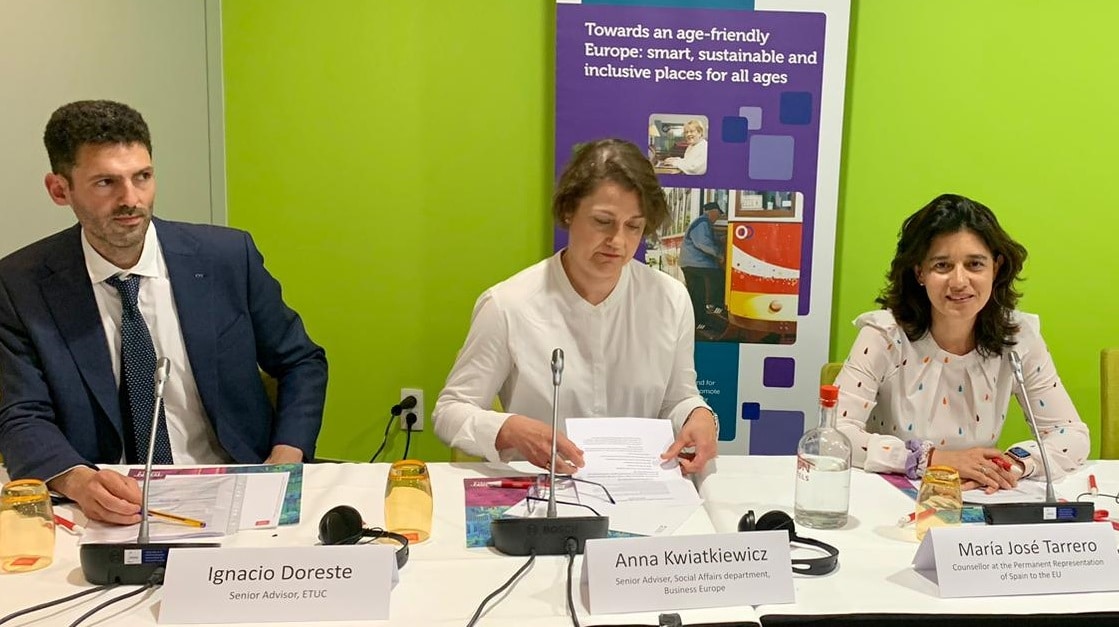
We look forward to cooperating with the upcoming EU Presidencies, building on the work done by past EU Presidencies around the EU Green Paper on Ageing.
As our Annual Conference showed, there are multiple challenges to making our working lives sustainable, integrating the diverse individuals and societal needs. Solutions do exist, provided we tackle the root of the problem by combating ageism and valuing the skills, experience and aspirations of workers at all stages of their lives.
The publication of the 2023 edition of our AGE Barometer this autumn will further contribute to the debate on the empowerment of older workers for sustainable and quality working lives. We will keep you abreast.
> You can view below the recording of our Annual conference (without interpretation):

